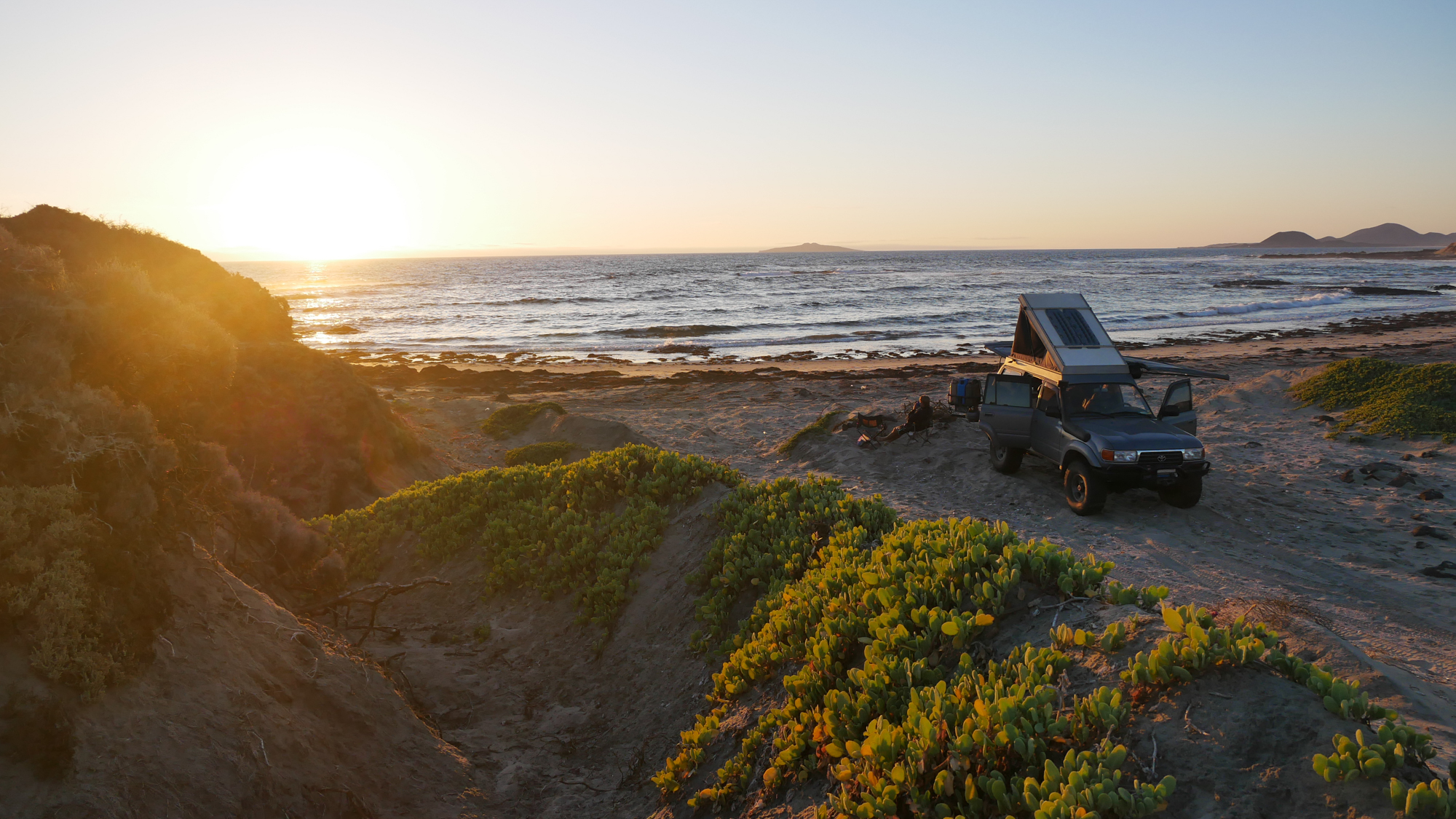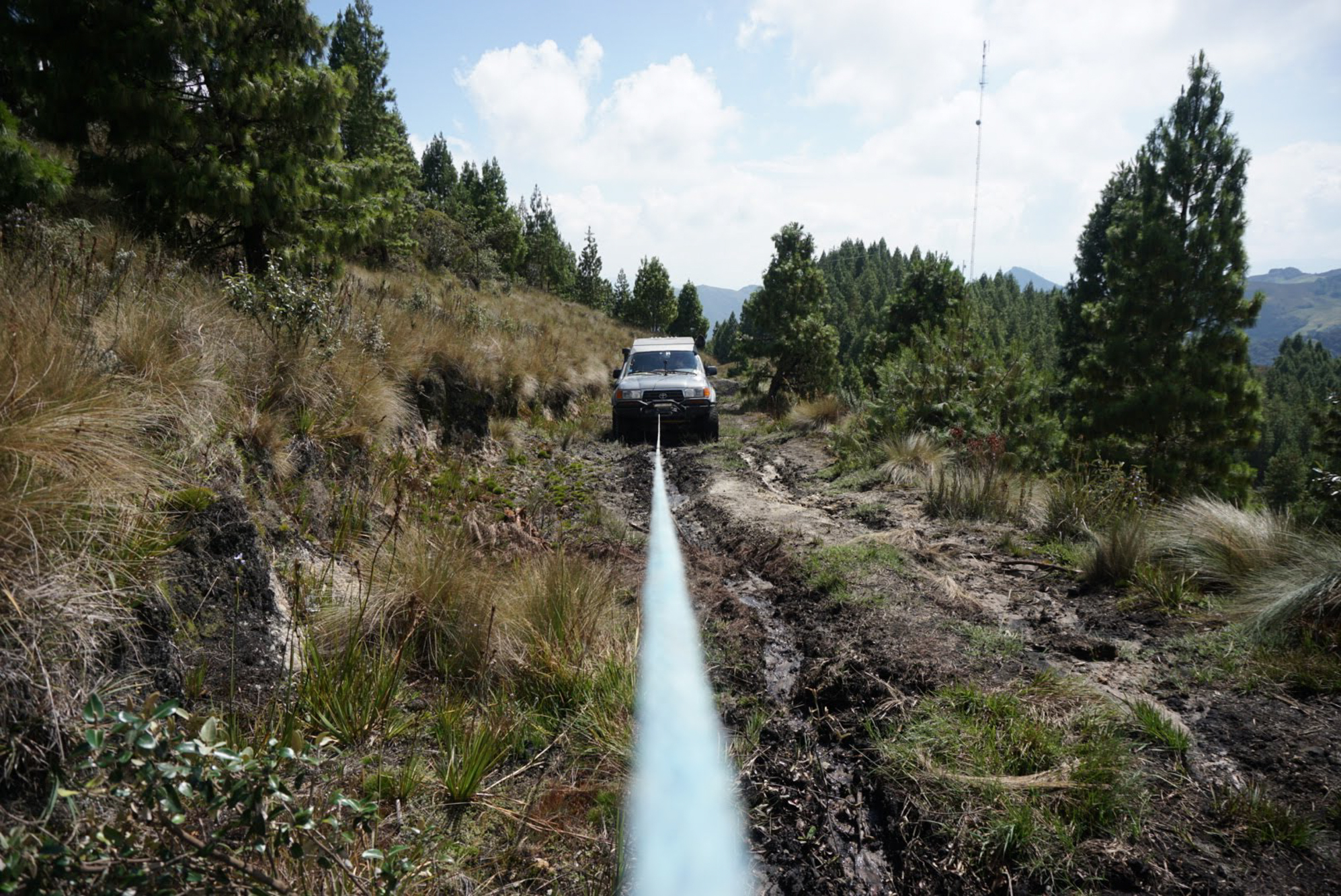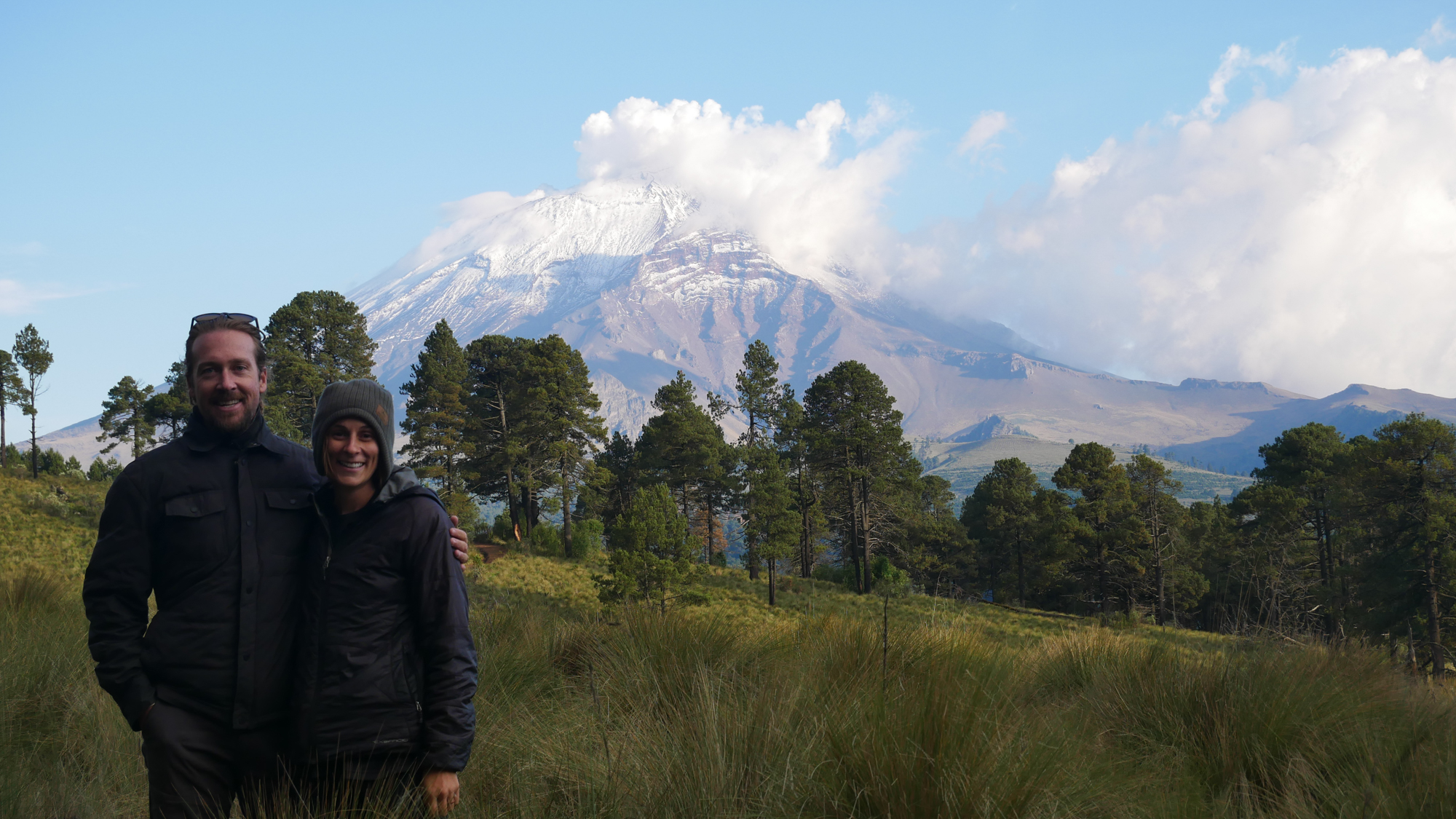This article was originally published in Overland Journal’s Gear 2020 issue.
As an instructor for various overlanding skills, I am often asked what the secret is for encouraging an unenthusiastic partner to appreciate the outdoors and how to make the overland experience enjoyable for them. People wonder if the solution may rely somewhat on buying certain products and amenities to increase comfort while on the road. The answer is no; there is no magic secret. Your partner may never love camping, for example, or even like it, and that is okay because you love that person for many other reasons. Together you can come up with alternative solutions. If your partner has at least some interest in overlanding, then I have some tips to help their first exposures to the lifestyle be good ones. These concepts will help you build a team that will take your adventures to the next level.
COMMUNICATION
The most important strategy is to use good communication. Talk to your partner and start a conversation based on their concerns. Knowing the things that may scare, bother, or inspire them is the best way to build a foundation that will allow them to love being out in the backcountry as much as you do.
KNOWLEDGE
The second-best tool is knowledge. I teach a lot of introductory classes geared toward women, and many attendees show up, saying, “My partner likes this ‘overland’ thing, so they signed me up for this class. I don’t know anything about it, but I don’t think I’m good at it.” They are disengaged because this is not their interest and feel they are just being dragged along and are not part of forming the parameters of the experience. Most of my students leave having come full circle and are excited, engaged, and even inspired because they have the knowledge they need to participate. They can drive and spot, better understand how the vehicle works, and have the tools to be part of a team.
By not including your partner in the process, they may feel like a prisoner during your adventure. In your mind, you think the trip will be great, and the fact that they don’t have to worry about anything is a positive inducement. You will drive, set up camp, and cook—all they have to do is sit back and relax. How could they not enjoy that? Meanwhile, your partner is sitting in the passenger seat, wondering how safe the venture is. They may be in a vehicle they know nothing about, let alone have the training to understand how certain features function and when to use them. They are wondering what will become of them if something happens to you. The dread of not knowing how to get themselves or someone else, if the need should arise, out of this situation overpowers any aspect of enjoyment they might have. If you were to include your partner in the planning and skill portion of the journey, they could become a team player rather than merely a passenger. Consider this: would you enjoy overlanding if you were just an uninformed passenger along for the ride?
RECOGNIZE DIFFERENCES
It is also sometimes hard to realize that our partners may enjoy things on different levels than we do, and again, this is where communication comes in handy. I had a guy in one of my classes who was upset because as he and his wife would drive in scenic areas, she would read. He wanted her to enjoy the views as he did, but she was perfectly happy reading her book. Recognizing your partner’s differences and acknowledging that they are okay is essential if you are to overland as a team.
BE PATIENT
Remember to be patient and know that with experience comes ease and trust, and as you grow and become aligned, you will find yourselves becoming more competent and completing tougher trails together. Just as you would not expect someone to go down a black diamond run on their first day of skiing, let your partner take the time they need to build up their skills. So maybe don’t choose the Rubicon Trail for your first trip. Weekend trips building to weeklong forays will help you work through intricacies such as packing and meal planning. You will also learn where individual talents and interests fit within the team.
HARD STOP
Lastly, make sure you both have the ability to pull the ripcord. Don’t be the boy who cried wolf, but if either of you says we need to go, that request should be taken seriously, and the other should be willing to leave without hesitation.
With some work and thought, traveling together is a great reward. After living out of a truck for about a year now, my husband and I have learned to be quick to communicate what we are thinking: feelings, frustrations, and concerns. When living on the road, there is no room for emotions to fester or anxieties to grow—we do not have the distractions of ordinary life. Overlanding is not for everyone, but these strategies will give your team a leg up.






